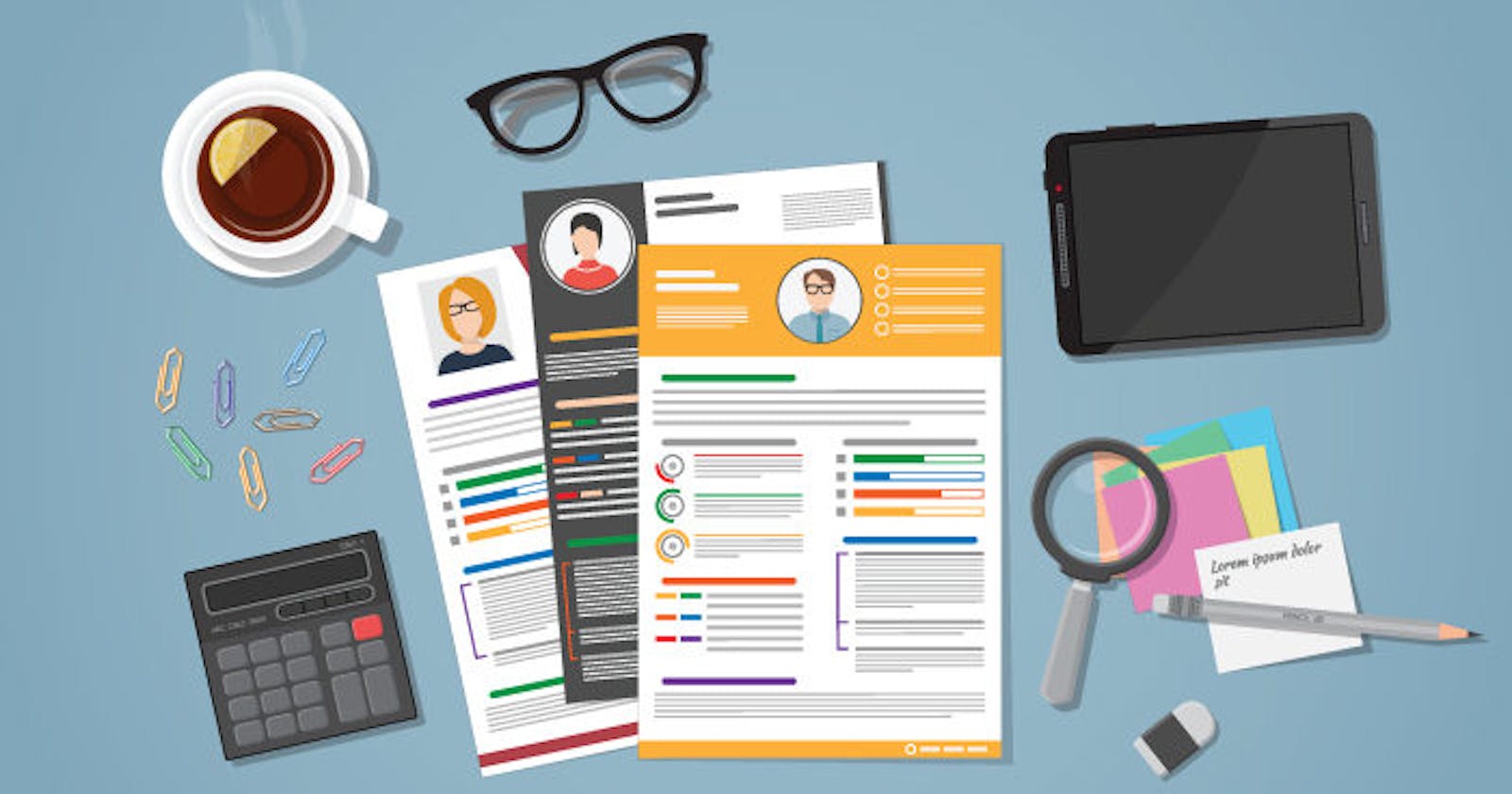From Mechanical to Software Engineering: My Journey Through Interview Rounds
Insights and Tips on Navigating Aptitude and Coding, Leadership, Technical, and HR Rounds for a Successful Career Transition
I never anticipated working in software engineering after earning my degree in mechanical engineering. Yet after receiving my degree, I understood that the subject of software engineering offers countless prospects and room for expansion. So I made the decision to get into software engineering.
It was not an easy transition from a mechanical engineering degree to a software engineer. To be able to compete in the market, I had to put in a lot of effort and acquire new abilities. Even though I had to overcome numerous obstacles, I was able to pass all four rounds of interviews for the post of software engineer. I'll describe in this blog how, despite having a mechanical background, I managed to pass all four interview rounds.
Aptitude and Coding Round
The first round consisted of a coding and aptitude test. Multiple-choice questions covering logical thinking, math, and fundamental programming ideas were included in this round. I wasn't really familiar with programming principles because I'm a mechanical engineer. I did, however, have a fundamental understanding of programming ideas thanks to my undergraduate coursework.
I started by reviewing fundamental programming ideas like loops, functions, and data structures in order to be ready for this round. On numerous online forums, I also worked on my coding skills. I was able to attempt all of the code questions and solve the majority of the test questions.
Review the fundamentals of programming and practise solving code challenges are my recommendations for this round. Even if you are unsure of the answers, it is crucial to attempt every question. This demonstrates to the interviewer that you are risk-taking and open to trying new things.
Leadership Round
A leadership round was held in the second round. During this phase of the interview, I was questioned about my leadership abilities and how I would approach certain scenarios as a leader. Although I didn't have any formal leadership experience prior to becoming a mechanical engineer, I did have some experience managing small projects and teams while in college.
I started by reading about the characteristics of effective leaders and conducting research on various leadership philosophies in order to get ready for this round. I also thought back on my prior leadership experiences and produced a few examples of how I handled various circumstances.
I was able to give examples during the interview of how I had handled various circumstances as a leader. I also discussed my leadership style and how it fits with the principles of the business. For this round, I would advise you to be ready with a few instances of how you have handled various circumstances as a leader and to discuss your leadership style.
Technical Round
The third round was a technical round. In this round, the interviewer asked me questions related to software engineering concepts such as data structures, algorithms, and programming languages. As a mechanical engineer, I did not have much experience with these concepts. Therefore, I had to prepare extensively for this round. I used Kunal Khushwahas DSA playlist as reference.
I started by reviewing fundamental programming ideas and practising how to solve code challenges in order to become ready for this round. I also read about algorithms, programming languages, and data structures. I was able to respond to the most of the interview questions.
I would suggest spending a lot of time getting ready for this round by reviewing the fundamentals of programming, practising with coding challenges, and reading about data structures, algorithms, and other programming languages. If you do not know the answer to a question, it is equally crucial to be honest.
The interviewer also asked me about my experience with databases and SQL. I was able to demonstrate my understanding of SQL and relational databases, and I also explained how I would design a database schema for a specific use case.
Overall, the technical round was challenging, but it was a great opportunity for me to showcase my technical skills and problem-solving abilities.
HR Round
After clearing the technical round, I was invited for the HR round. In this round, the focus was on my personality, communication skills, and whether I would be a good fit for the company culture.
The interviewer started by asking me about my hobbies and interests outside of work. We also discussed my career aspirations and how I saw myself growing in the company.
The interviewer also asked me some behavioral questions, such as how I handle conflicts and how I deal with stress. I was able to provide examples of how I had handled such situations in the past and how I had learned from them.
Finally, we discussed the company culture, and the interviewer explained the company's values and how they aligned with my personal values.
Conclusion
Overall, the interview process was challenging, but it was a great opportunity for me to showcase my skills and abilities. I was able to clear all four rounds and eventually got the job offer.
To summarize, here are some tips that helped me to clear the interview process:
Prepare well for the technical round by practising coding problems and revising programming concepts.
Be confident in your abilities and be prepared to showcase your problem-solving skills.
Be honest and authentic in the HR round, and demonstrate how your values align with the company culture.
Be prepared to handle challenging situations in the leadership round and demonstrate your leadership skills and ability to handle conflicts.
Always ask questions and show your interest in the company and the role.
Overall, I believe that with the right preparation and mindset, anyone can clear the interview process and land their dream job.
